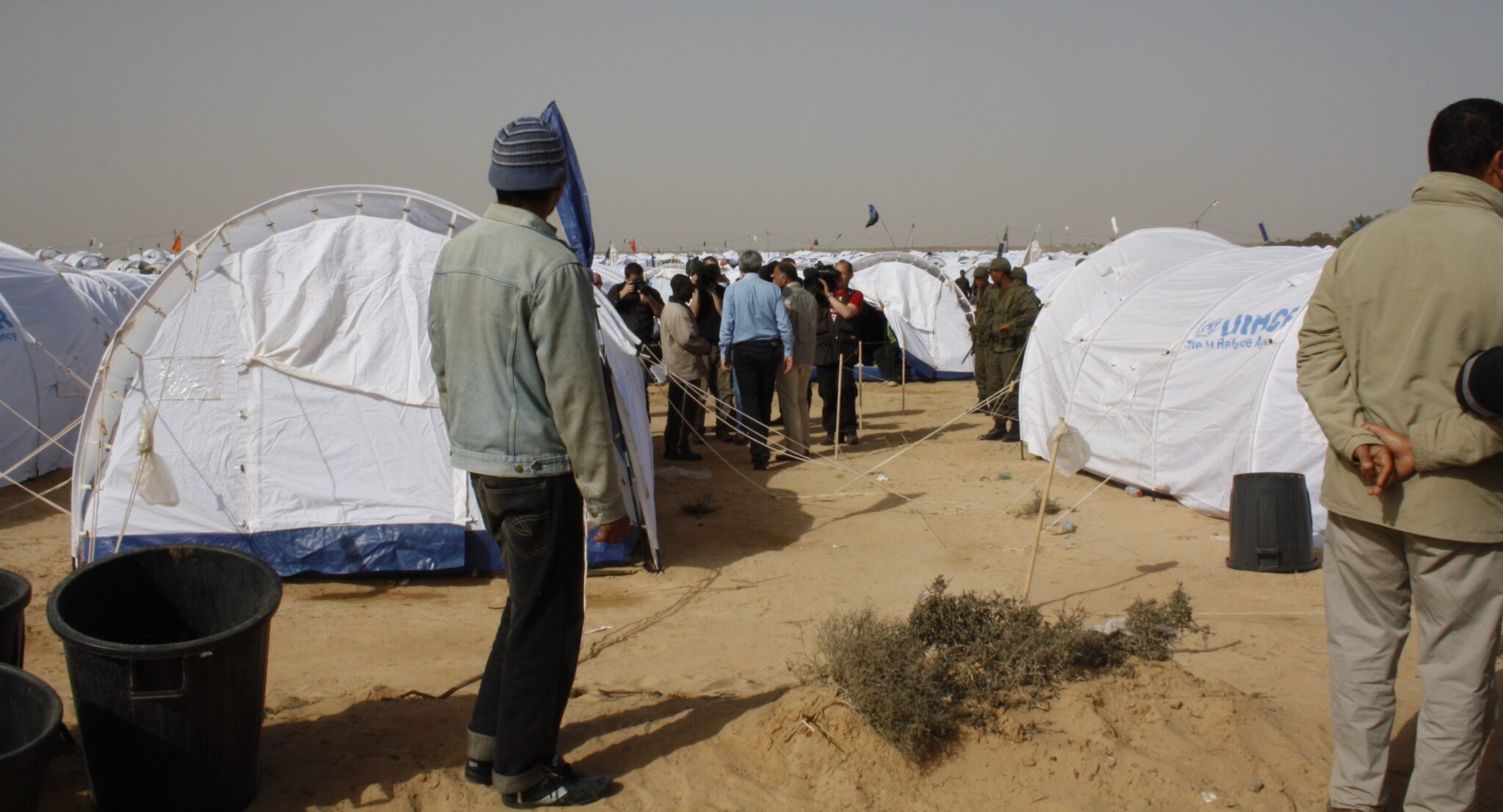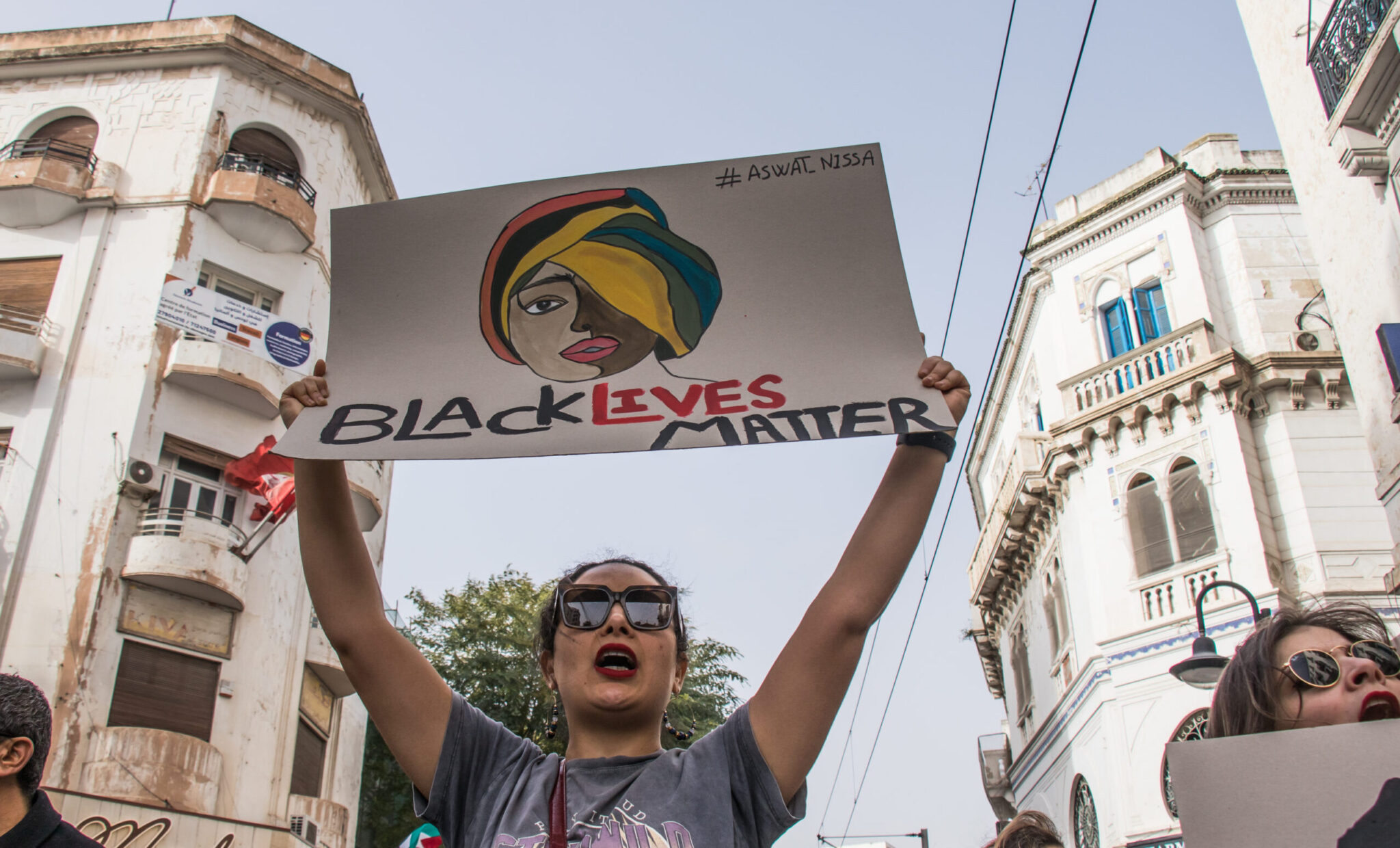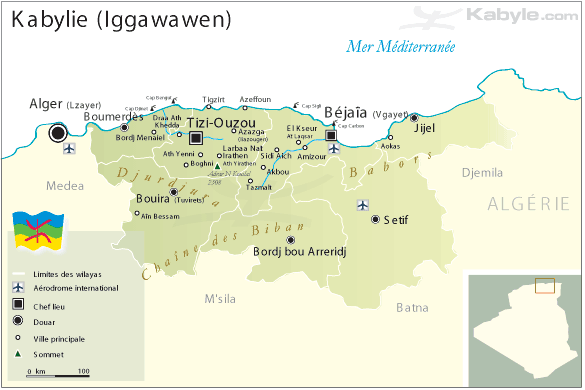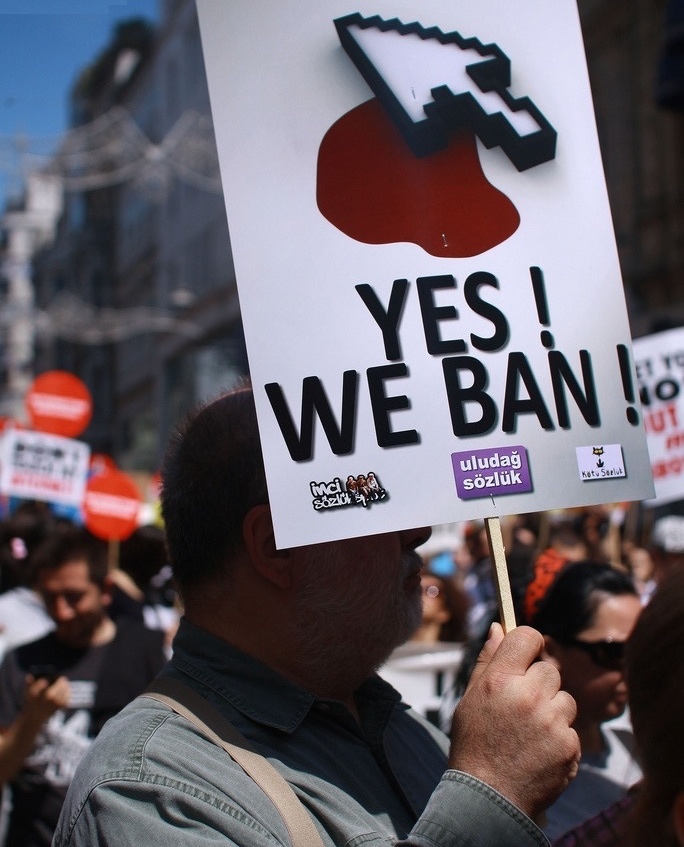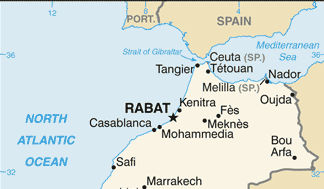
Migrant fatalities surged in 2022: UN
The UN migration agency reported that 2022 was the deadliest year yet for migrants crossing from the Middle East and North Africa (MENA) into Europe. According to the report from the International Organization for Migration‘s Missing Migrants Project, a record number of 3,800 people died along these migratory routes last year. The report underscored the urgent need for action to improve the safety and protection of migrants. The data, though recognized as undercounted due to the challenges in collecting information, sheds light on the magnitude of the problem. The recorded deaths in 2022 represent an 11% increase from the previous year. (Photo: Flavio Gasperini/SOS Mediterranee via InfoMigrants)



